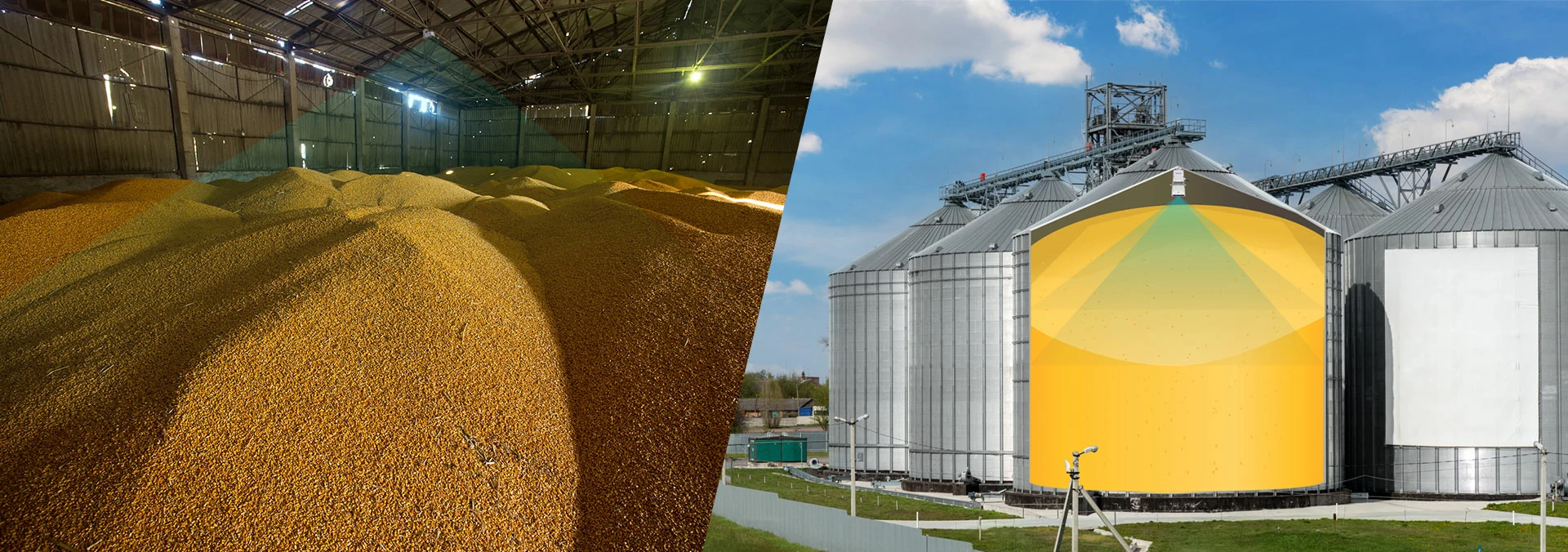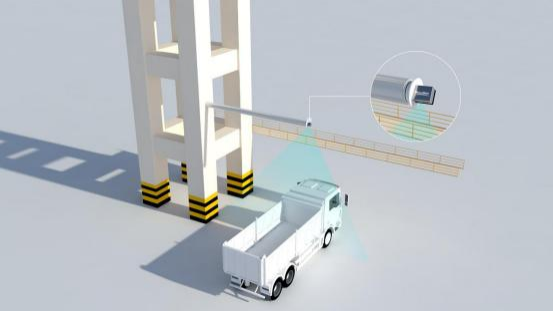
What are Sound Volume Measurement?
Sound volume measurement refers to the process of quantifying the intensity or loudness of sound waves in a given environment. This measurement is typically expressed in decibels (dB), with higher dB values indicating louder sounds. Sound volume measurement is important for various applications, such as ensuring compliance with noise regulations, assessing the impact of noise pollution on human health, and optimizing audio quality in music production and broadcasting. By accurately measuring sound volume, individuals and organizations can better understand and manage the acoustic environment they are exposed to. In summary, sound volume measurement is the practice of quantifying the loudness of sound waves in decibels to assess their impact on individuals and the environment.
Why are Sound Volume Measurement Important?
Sound volume measurement is important for a variety of reasons. Firstly, it helps to ensure compliance with safety regulations and standards in various industries, such as construction, manufacturing, and entertainment. Excessive noise levels can have harmful effects on human health, including hearing loss and stress-related illnesses. By accurately measuring sound volume, organizations can identify and mitigate potential risks to protect the well-being of workers and the general public. Additionally, sound volume measurement is crucial for maintaining quality control in audio production and ensuring optimal performance of equipment such as speakers and microphones. In summary, sound volume measurement is essential for safeguarding health and safety, maintaining regulatory compliance, and ensuring the quality of audio-related activities.
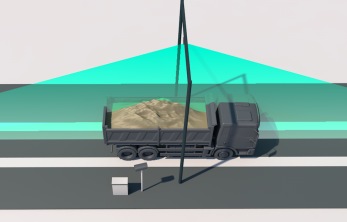
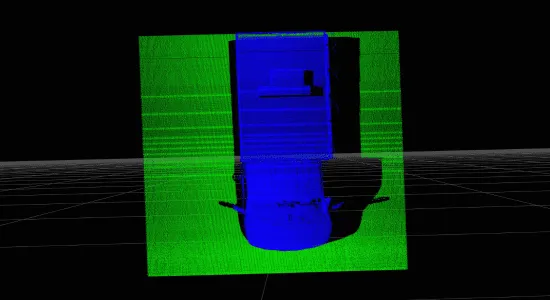
Technologies Used in Sound Volume Measurement
Technologies used in sound volume measurement include sound level meters, microphones, and software applications. Sound level meters are specialized devices that measure the intensity of sound waves in decibels. They typically consist of a microphone to capture the sound, an amplifier to increase the signal, and a display to show the measured levels. Microphones play a crucial role in capturing sound accurately, as they convert sound waves into electrical signals. Software applications are also commonly used for sound volume measurement, allowing users to analyze and visualize data collected by sound level meters. Overall, these technologies work together to provide accurate and reliable measurements of sound volume in various environments.
Recent Advancements in Sound Volume Measurement
Recent advancements in sound volume measurement have revolutionized the way we analyze and monitor noise levels in various environments. With the development of advanced sound level meters and software, researchers and professionals can now accurately measure and record sound levels with greater precision and efficiency. These tools also allow for real-time monitoring and data analysis, enabling better decision-making and implementation of noise control measures. Overall, these advancements have significantly improved our understanding of the impact of noise pollution on human health and the environment, leading to more effective strategies for mitigating its effects.
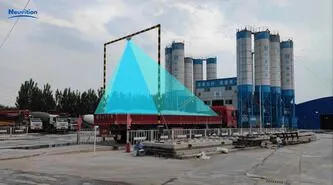
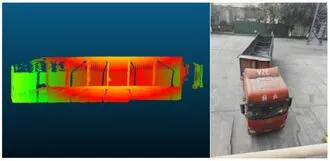
Application Areas of Sound Volume Measurement
Sound volume measurement is a crucial tool used in various application areas to ensure compliance with safety regulations, assess environmental noise levels, and optimize audio quality. In industrial settings, sound volume measurement is utilized to monitor noise levels to protect workers from potential hearing damage and maintain a safe working environment. In the entertainment industry, it is essential for ensuring that sound systems are properly calibrated for optimal performance during concerts, events, and film productions. Additionally, in urban planning and environmental studies, sound volume measurement is employed to evaluate noise pollution levels and develop strategies to mitigate its impact on communities. Overall, sound volume measurement plays a vital role in maintaining safety, quality, and sustainability across different sectors. Brief Answer: Sound volume measurement is used in industrial settings to protect workers from hearing damage, in the entertainment industry to optimize audio quality, and in urban planning to assess noise pollution levels and develop mitigation strategies.
Neuvition Volume Measurement Solution
Neuvition offers a comprehensive volume measurement solution designed to meet the needs of various industries, including truck, warehouse, and outdoor pile measurement. Our solutions leverage advanced technologies to provide accurate, reliable, and cost-effective volume measurement data, enabling businesses to optimize their operations and make data-driven decisions.
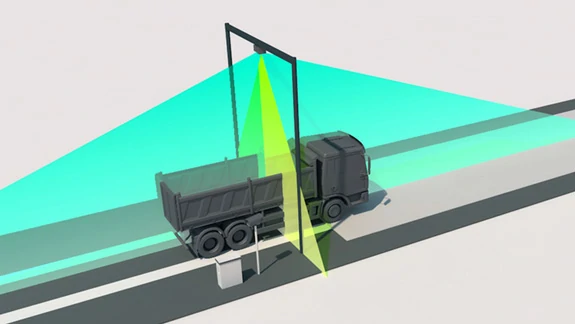
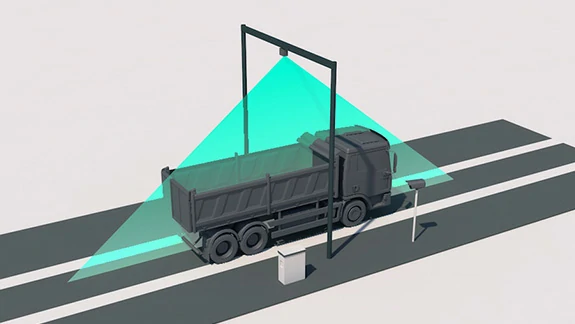
Neuvition Single Line LiDAR Solutions
Neuvition's Single Line LiDAR solutions, including the Titan M1 SL, Titan P1, and Titan W1 with PTZ, are designed to provide accurate and efficient volume measurement in various applications. These solutions combine high-resolution laser scanning with advanced software to deliver precise data and user-friendly interfaces, making volume measurement more accessible and effective than ever before.
FAQ






Contact Us
If you have any questions or suggestions, please leave a message, we will get in touch with you within 24 hours!
